How Can Businesses align with the Green Plan 2030?
_(2)_2.png)
A study reported by The Straits Times indicated that while only a third of businesses in Singapore are “strongly aligned” with the goals of the Singapore Green Plan 2030, less than half of these businesses are engaging in sustainable practices. As the nation transitions towards new sustainability initiatives such as carbon neutrality, greener buildings, and use of more cost-effective green technologies, the Singapore Green Plan 2030 is bound to change the way we live, play and work. In anticipation of these changes over the next 10 years, we asked ourselves how, as a business, we can better comply with the new standards that the Green Plan will set, and engage in sustainable practices overall. In navigating the information presented in the announcement of the Singapore Green Plan 2030, we decided to summarize the components of the Green Plan that are relevant specifically to businesses, to help business owners align themselves with the Green plan and commit to more sustainable practices.
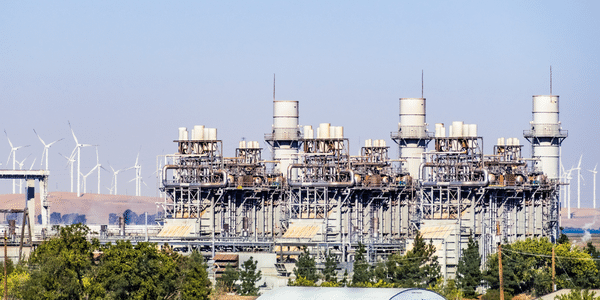
Use Efficient Gas-Powered Plants for Energy - 95% of Singapore’s electricity is generated using natural gas, a clean form of fossil fuel. However, as natural gas-powered plants still contribute to Singapore’s carbon emissions, the Green Plan seeks to improve the efficiency of gas-powered stations. Business owners who utilize gas-powered plants for energy generation must ensure that they engage the most efficient and environmentally friendly gas-powered plant service or even carry out research and development on how they can optimize the process in the plant. Increased efficiency of gas-powered stations would fulfill Singapore’s demand for electricity while causing reduced harm to the environment in the long term. This is aligned with the ‘Energy Reset’ component of the Green Plan which aims to achieve cleaner energy sources across all sectors.
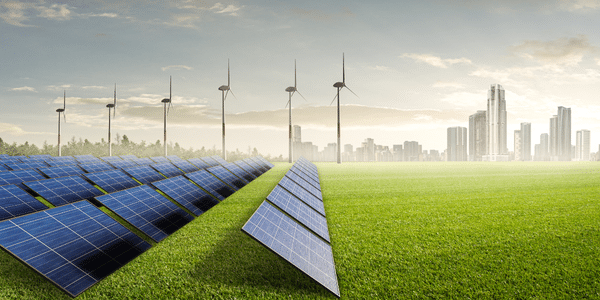

Adhere to BCA’s Green Mark Certification Scheme - Given that buildings contribute to 40% of global carbon emissions, the Singapore Green Plan 2030 has placed a strong emphasis on buildings to attain the Green Mark Certification. With the application of the Green Mark Certification Scheme to all commercial, residential and institutional buildings, Singapore aims to attain 80% of green buildings and 80% of Super Low Energy (SLE) new buildings which will be measured by Gross Floor Area (GFA). SLE Buildings are defined as buildings which perform with 60% energy savings and lower carbon emissions. Businesses that own buildings will have to ensure that their buildings meet the listed criterias such as improved energy performance and having a climatic responsive design before they qualify for the green mark certification. On the other hand, for businesses who do not own buildings, they can also do their part in choosing to rent a business space in a Green Mark Certified building. Ultimately, businesses that comply with these regulations are further able to concretise their goals towards energy efficiency and building a more sustainable future.
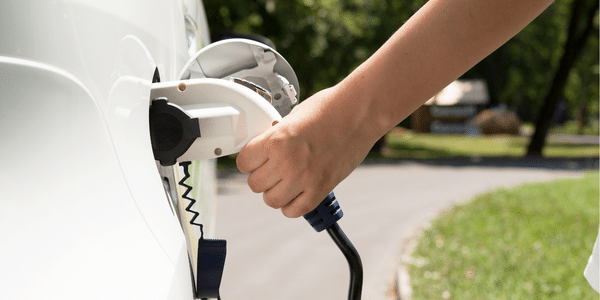
Support the infrastructure that normalises Electric Vehicles (EVs) / Support the Growth of Electric Vehicles (EVs) - As public transport is widely used by Singaporeans daily, green mobility has been identified as one of the key goals of the Green Plan. Promoting the infrastructure and use of EVs holds promise of cleaner energy and less carbon emissions. The Green Plan thus aims to increase the availability of EV charging points deployed in both public and private premises by 2030. Business owners also have a part to play in influencing the EV infrastructure, for example, by making available more charging points, enabling EVs to operate more seamlessly. Businesses that require vehicle transport as part of their operations can also switch to electric vehicles so as to minimize carbon emissions.
As concerns surrounding climate change have grown in impact and require cooperation across all stakeholders, business owners should be kept up to date with the environmental goals, regulations and norms that have been advocated by the Green Plan 2030. With efficiency being essential to sustainability, businesses that invest in green initiatives are also likely to benefit in the long run in terms of reduced operational cost, healthier work spaces, longevity within their respective industries, support from the government and growing expectations of commercial environmental performance.
References:
More Related Our Stories

Resync Year 2020 in Review
As Resync persevered and welcomed changes brought about by COVID-19, we had...
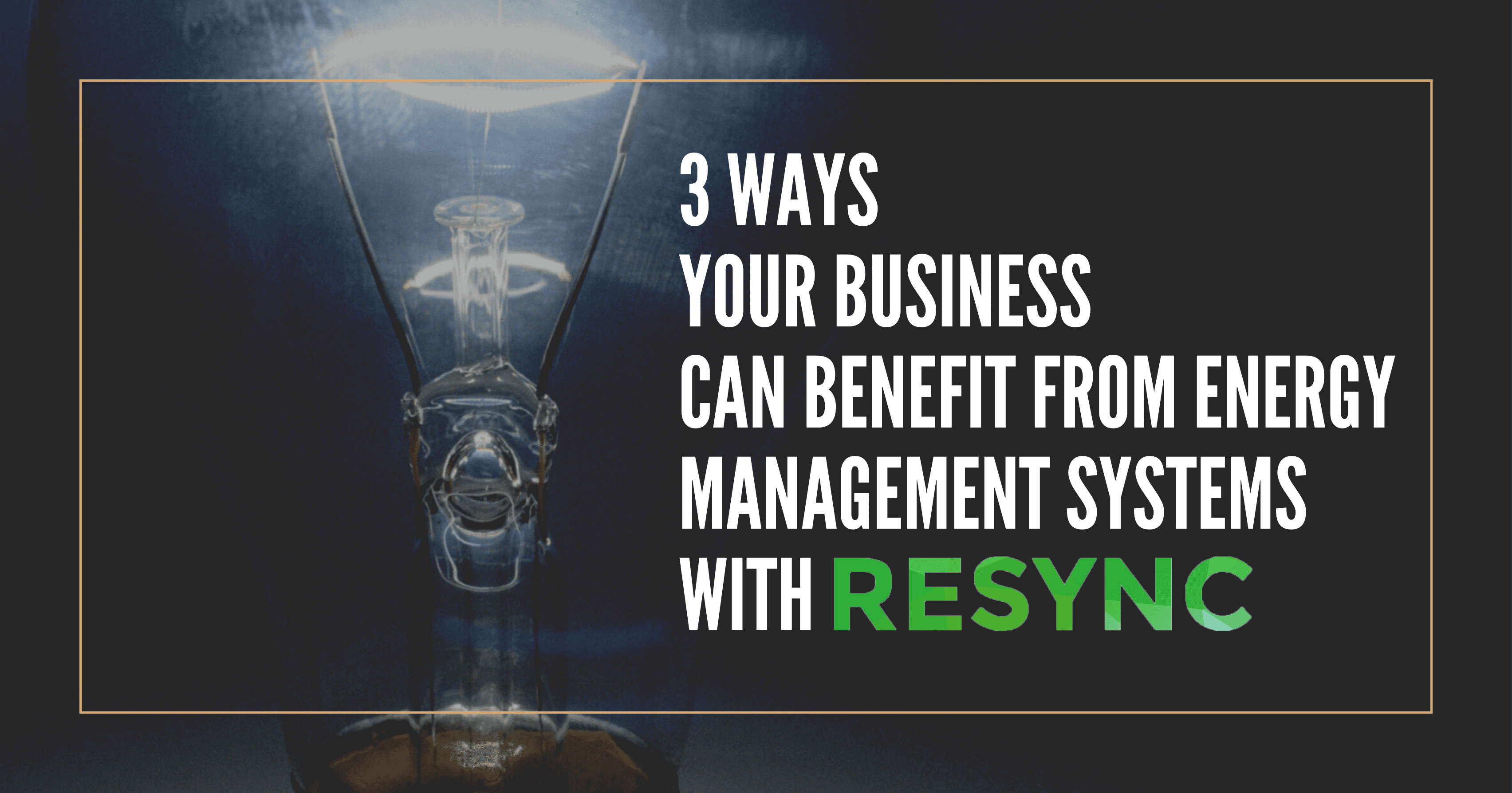
3 Ways your Business can Benefit from Energy Management Systems
For many businesses, energy consumption costs make up a significant portion...
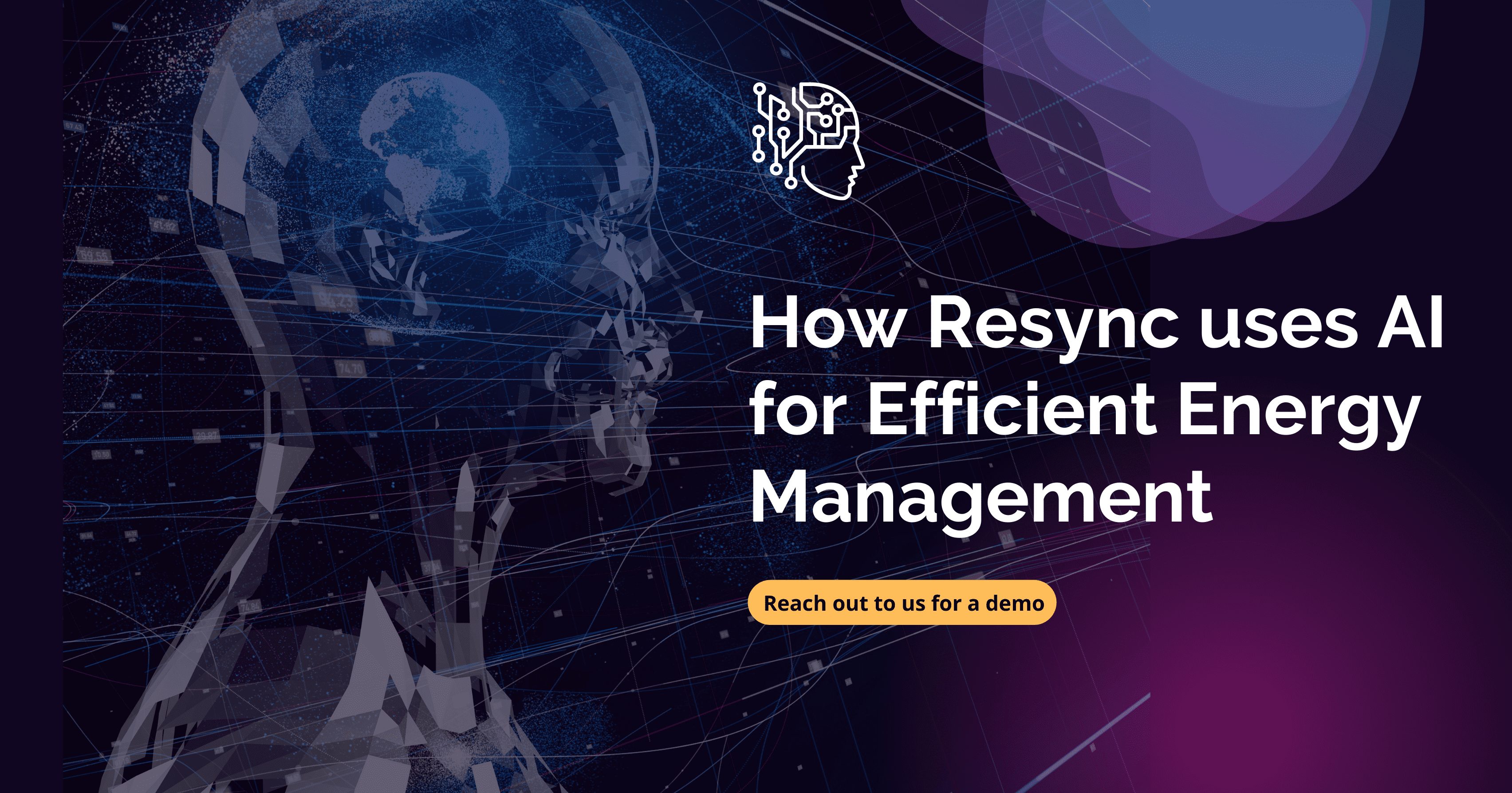
How Resync Uses AI for Efficient Energy Management
The global energy market is undergoing a huge transformation. From...
